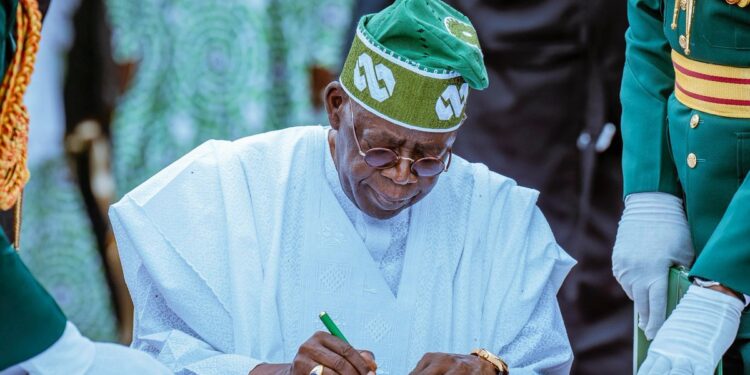The International Monetary Fund (IMF) has raised Nigeria’s economic growth forecast for 2025 to 3.9 percent, up from its previous projection of 3.4 percent in July. The multilateral lender also expects the country’s economy to expand by 4.2 percent in 2026, citing the impact of ongoing fiscal and structural reforms.
The revised figures were released on Tuesday during the launch of the World Economic Outlook (WEO) 2025 at the ongoing World Bank and IMF Annual Meetings in Washington, D.C.
According to the IMF, the upward revision reflects renewed investor confidence and improved macroeconomic stability following the Nigerian government’s efforts to unify exchange rates, reduce fuel subsidies, and strengthen revenue mobilization.
The IMF noted that these reforms are beginning to yield positive results, helping to stabilize inflation and enhance foreign exchange liquidity. Despite lingering challenges such as high inflation and security concerns, Nigeria remains one of the fastest-growing major economies in Sub-Saharan Africa.
Globally, the IMF projected that advanced economies will grow modestly, with the Euro Area expected to expand by 1.2 percent in 2025 and 1.1 percent in 2026. In contrast, emerging and developing economies, including Nigeria and China, are set to record stronger growth, with China forecasted to grow by 4.7 percent in 2025 and 4.2 percent in 2026.
Other regional projections include:
- Emerging and Developing Europe: 2.2 percent growth in 2025
- Latin America and the Caribbean: 2.4 percent in 2025 and 2.3 percent in 2026
- Saudi Arabia: 4.0 percent growth projection for 2025
The IMF emphasized that sustained reforms, improved governance, and diversification beyond oil remain critical for Nigeria to maintain momentum and achieve inclusive growth.
The report underscores Nigeria’s strategic importance in driving Africa’s economic recovery, particularly as the continent seeks to navigate global headwinds such as tightening monetary policies, geopolitical tensions, and energy market volatility.
























































